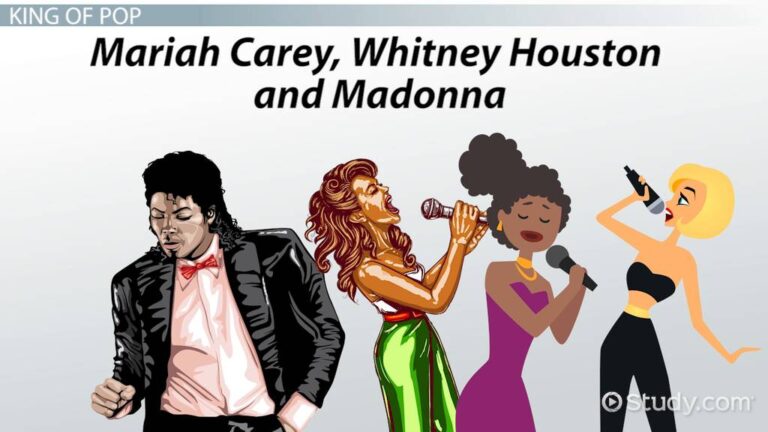
Music has a profound impact on mental health, serving as a source of comfort, expression, and connection. Numerous studies have shown that listening to music can alleviate stress, reduce anxiety, and improve mood. Whether it’s the calming sounds of classical music or the upbeat rhythms of pop, different genres can evoke various emotional responses. Additionally, creating music can be therapeutic, allowing individuals to express feelings they may struggle to articulate. In therapy settings, music is often incorporated as a tool for healing, helping patients process trauma and build resilience. The power of music transcends cultural barriers, uniting people and fostering a sense of belonging. As we delve into the intricate relationship between music and mental health, we highlight the transformative potential of this art form and its ability to enhance our emotional well-being.



